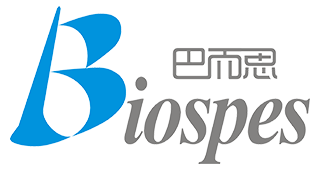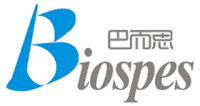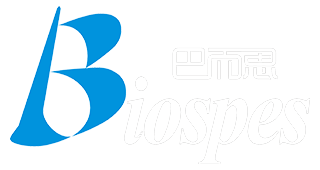Polyclonal Anti- β-Actin antibody
Lot # Check on the product label
Size: 100 μg
Host: Rabbit
Reactivity: Human, mouse, rat, monkey, chicken, pig, cow, rabbit, D. Melanogaster
Application: WB, ELISA, IHC-P
--------------------------------------------------------------------------------------------------------------
Price: $150.00
Catalog# BTL1026
Lot # Check on the product label
Size 100 μg
Isotype IgG
Host Rabbit
Reactivity
Human, mouse, rat, monkey, chicken, pig, cow, rabbit, D. Melanogaster
Specificity
Detect endogenous level of total β-Actin protein.
Product Form Liquid
Immunogen
A synthetic peptide (conjugated to KLH) corresponding to N-terminal residues of human β-Actin.
Recommend Application
Western Blot (1:1500-2000)
Immunohistochemistry,IHC-P(1:100-1000)
ELISA (1:1000-5000)
Other applications have not been tested.
The optimal dilutions should be determined by end user.
Storage Instruction
Store at -20°C for 1 year.
Avoid repeated freeze and thaw cycles.
Background
Beta-actin (gene name ACTB) is one of six different actin isoforms which have been identified in humans. This is one of the two nonmuscle cytoskeletal actins. Karakozova et al. (2006) found that approximately 40% of intracellular beta-actin is arginylated in vivo. In both wildtype and Ate1-null cells beta-actin was stable, suggesting that arginylation does not induce beta-actin degradation. And arginylation of beta-actin apparently represents a critical step in the actin N-terminal processing needed for actin functioning in vivo.1 Nitric oxide (NO) is a paracrine mediator of vascular and platelet function that is produced in the vasculature by NO synthase-3. And beta-actin plays a critical role in regulating NO formation and signaling in platelets.2 Beta actin is also usually used as a loading control, for among others, the integrity of cells, protein degradation, in PCR and Western Blotting.
Reference
1. Karakozova, M., Kozak, M., Wong, C. C. L., Bailey, A. O., Yates, J. R, III, Mogilner, A., Zebroski, H., Kashina, A. Arginylation of beta-actin regulates actin cytoskeleton and cell motility. Science 313: 192-196, 2006.
2. Ji, Y., Ferracci, G., Warley, A., Ward, M., Leung, K.-Y., Samsuddin, S., Leveque, C., Queen, L., Reebye, V., Pal, P., Gkaliagkousi, E., Seager, M., Ferro, A. Beta-actin regulates platelet nitric oxide synthase 3 activity through interaction with heat shock protein 90. Proc. Nat. Acad. Sci. 104: 8839-8844, 2007.
Details
Product Center



